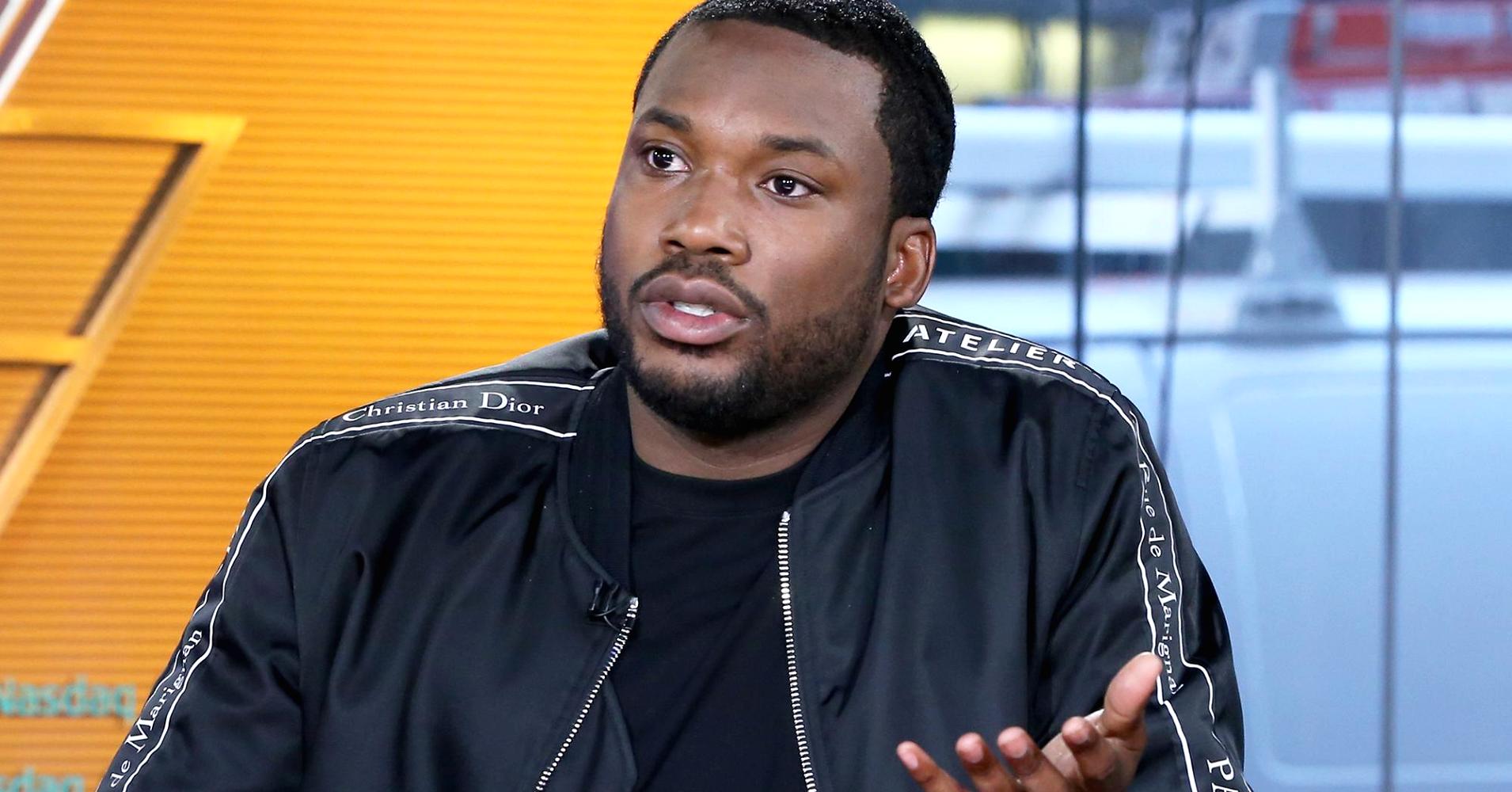
Weeks after being released from prison, Meek Mill is leveraging his high-profile case and his popularity.
The rapper, who is signed to music mogul Jay-Z‘s label Roc Nation, has taken to advocating for sweeping reform of America’s justice system. In a statement to CNBC, Jay-Z said Mill was “caught in a probation trap for years by a broken system,” echoing the remarks of other prominent figures who rallied to Meek Mill’s defense.
After serving nearly five months in prison, Mill told CNBC’s “Squawk Box” this week that his situation is part of a “systemic issue” — but not one that boils down to just racism, as some other activists contend.
“It’s not really about color,” MILL said in an interview. “It’s about environment and circumstance.”
He added: “Small mistakes put me back in prison without even committing crime again or being a threat to my community,” said the 31-year-old Philadelphia-born rapper, whose real name is Robert Rihmeek Williams, told CNBC.
Mill’s ordeal began in November when a Pennsylvania judge sentenced him to up to four years in prison for violating probation from a decade-old weapon and drug case.
The sentencing stemmed from two arrests last year: The first, for an altercation at a Philadelphia airport; and the second, for popping a wheelie on a dirt bike while he was shooting a music video in the streets of New York City. Both cases were later dismissed.
Other prominent artists and athletes, including former San Francisco 49er quarterback Colin Kaepernick and comedian Kevin Hart, as well as billionaire businessmen Robert Kraft, owner of the New England Patriots, and Philadelphia 76ers co-owner Michael Rubin, also believed Mill was incarcerated unjustly, and spoke out against his sentence.
The judge’s decision, which went against the recommendations of no prison time from the assistant district attorney and Mill’s probation officer, prompted outrage across the country, with many expressing support using the “#FreeMeek” hashtag on social media.
Mill was released from prison in April, after a ruling from the Pennsylvania Supreme Court questioned the rapper’s 2008 conviction, which led to the probation in the first place.
Mill’s lawyer, Joe Tacopina, told CNBC he filed a motion to get Mill’s 2008 conviction overturned. The next hearing date is scheduled next month, though Tacopina said a decision may come sooner.
On April 24, the day of his release, Mill took to Twitter to thank his supporters.
“I’m an inner city kid,” Mill told CNBC, adding his father died when he was five years old. He was raised in a single-parent home by his mother who worked long hours.
Mill said he had “no supervision” growing up. “You have a better chance of going to prison than a kid in the suburbs because … they don’t really come in contact with the police.”
Rubin, who was that kid from the suburbs of Philadelphia, met Mill at the 2015 NBA All-Star Game in New York, and the two became friends.
Seated next to Mill on the “Squawk Box” desk on Wednesday, Rubin said, “It was like an out of body experience” when he first heard about Mill’s sentencing.
“For me, I couldn’t not get involved,” said Rubin, founder of Kynetic, the parent company of e-commerce brands Fanatics and Rue La La. “He was wrongfully convicted.”
Last week, Rubin tweeted to raise awareness about Mill’s plight in the hope it might help others in similar situations.
While Mill acknowledged the controversies surrounding mass incarceration are “not just about” his case, he said he realizes he has the resources and people who support him, an advantage others behind bars may not have. “I think step-by-step” the criminal justice system can be fixed, he concluded.
Reacting to Mill’s case, Wes Moore, CEO of the poverty-fighting Robin Hood organization, told CNBC that criminal justice reform begins with addressing poverty.
Moore, who grew up in a single-parent household that struggled financially, was arrested when he was just 11-years-old, but was never charged with a crime. He later went on to graduate from Johns Hopkins University, served in the military, and was later a White House Fellow to Secretary of State Condoleezza Rice.
“The criminal justice system we have in this country is not just a problem, it is being used as the conclusion,” Moore told “Squawk Box” this week. “When we have a breakdown in the way we think about housing, education, or health, the way we deal with it is criminal justice.”

